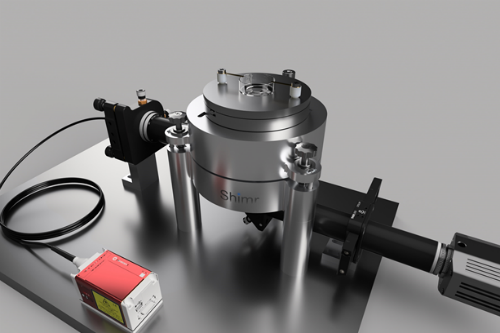The investment will support further development of the prototype instrument and the expansion of validation trials.
Vitamica is working in an area of global importance: slowing the rise of antimicrobial resistance (AMR) among infectious bacteria. Among the tools required by healthcare professionals to help slow the spread of AMR are rapid diagnostic tests that will show which antibiotics are effective against a patient’s infection. This challenge is being addressed by Vitamica with its innovative rapid test technology.
Research led by Dr Massimo Antognozzi at the University of Bristol has shown that measuring tiny internal movements within bacteria could help doctors prescribe antibiotics more effectively in future. These internal vibrations cease when microbes are killed by antibiotics, giving rise to the possibility of a new diagnostic test to help guide prescribing decisions.
With the support of a grant from Innovate UK, the company is making good progress with laboratory tests to study the interaction between commonly used antibiotics and a range of bacteria. Dr Paul Meakin, Vitamica’s Chief Executive notes that: "the seed investment will make a big difference in the speed and scale of our testing programme. We are extremely grateful for the support of the University of Bristol Enterprise Fund, managed by Parkwalk, Wyvern Seed Fund and a group of individual investors. In what has been an exciting process we have been assisted greatly by the University of Bristol Research and Enterprise team, and by VWV Llp in finalising the legal documents."
"Vitamica now has the resources to push on with planned trials and demonstrate the capability of the technology in helping the fight against AMR", concludes Dr Charlotte Bermingham, Vitamica’s Chief Technology Officer.
